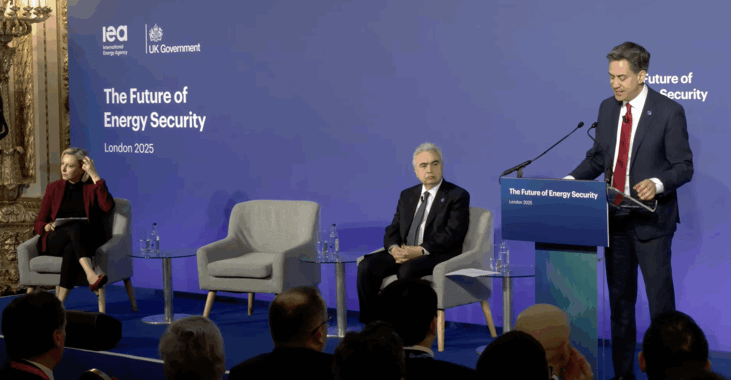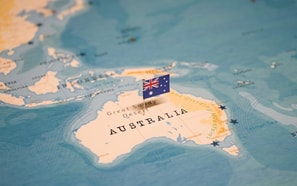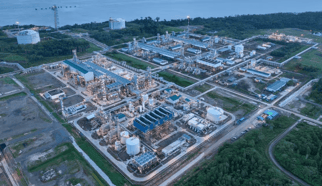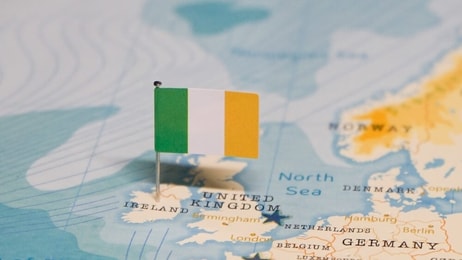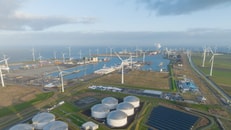Governments and industry leaders gather in London to talk energy security
Does energy security depend on fast-tracking renewables and accelerating home-grown production or furthering fossil fuel usage for economic growth?
And, if both approaches are needed, how should governments and companies handle budget allocation?
This big question is being examined from all sides by 60 representatives from governments around the world, plus CEOs from 50 leading companies, who have descended on London for a two-day Future of Energy Security conference.
... to continue reading you must be subscribed

